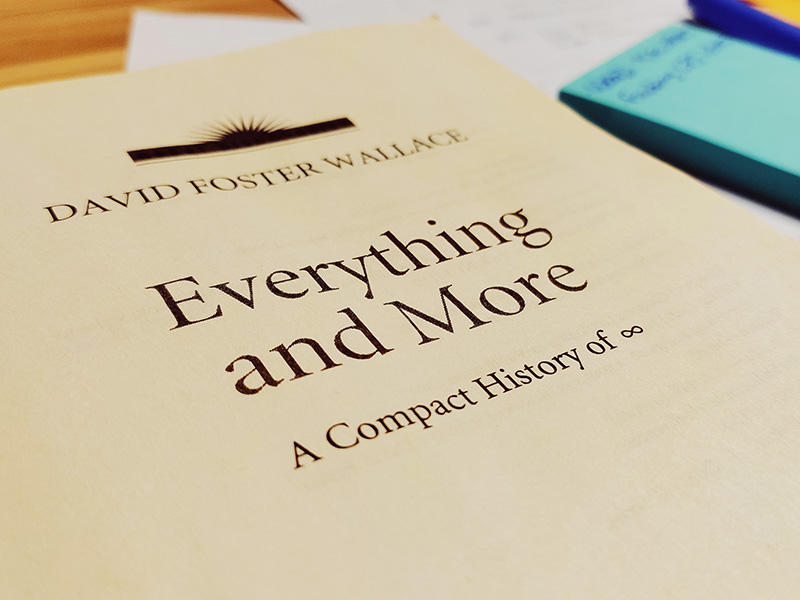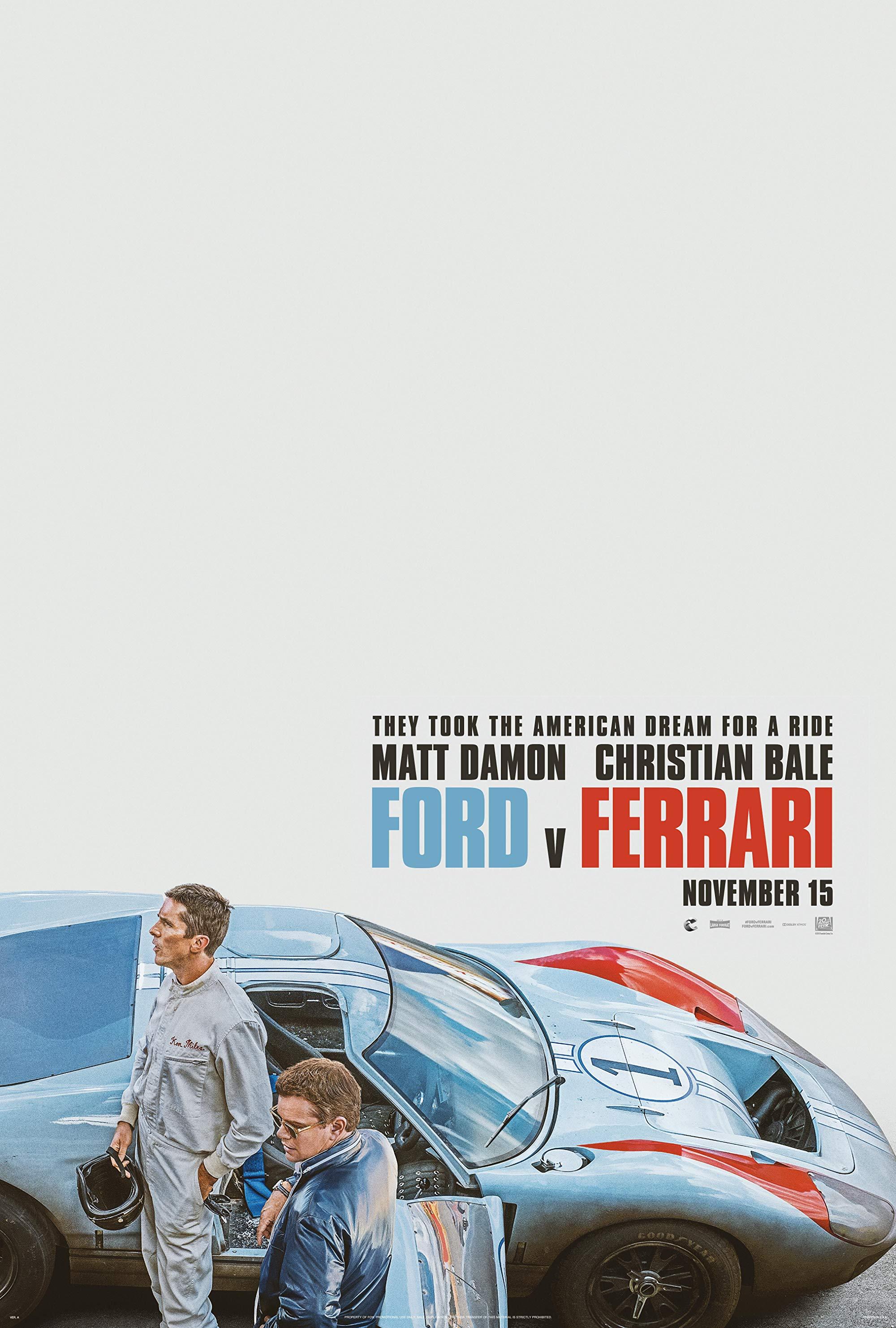
When economic resource is applied towards producing nothing, are we at peak meta?

When economic resource is applied towards producing nothing, are we at peak meta?

Neal Stephenson’s introduction in the re-issued edition of the late David Foster Wallace’s Everything and More is a lengthy screamer, a small portion of which goes like this → To begin with, David Foster Wallace was arguably a science fiction writer (Infinite Jest), although he probably would not have classified himself as such. Of course Everything and More is not SF, or even F, at all, pace some of its detractors, but the mere fact of David Foster Wallace’s having been an SF kind of guy muddies the taxonomic waters before we have even gotten started. Novelists—who almost by definition hold motley and informal credentials, when they are credentialed at all—make for an uneasy fit with the academic world, where credentials are everything. And writers who produce books on technical subjects aimed at non-technical readers are doomed to get cranky reviews from both sides: anything short of a fully peer-reviewed monograph is simply wrong and subject to censure from people whose job it is to get it right, and any material that requires unusual effort to read undercuts the work’s claim to be accessible to a general audience. So in writing a book such as Everything and More, David Foster Wallace reminds us of the soldier who earns a medal by calling in an artillery strike on his own position, with the possible elaboration that in this case he’s out in the middle of no-man’s land calling in strikes from both directions.

From a fishing village in west Greenland to people praying on the streets of Dhaka (above), there are some truly stunning pictures from this year’s National Geographic Travel Photo Contest.
It was a little over two years ago that I realized the ad-tech industry had gone too far. I was an executive at a global advertising company, watching a demo from a third-party data provider on how they could help with ad targeting. Their representative brazenly demonstrated how he could pull up his own personal record and share with us his income, his mortgage details, where he worked, what kind of car he drove, which political party he was likely to vote for, and his personal interests (craft beer, of course). It was everything, all in one place.
Fast Company: I left the ad industry because our use of data tracking terrified me
Webster’s dictionary took him 26 years to finish. It ended up having 70,000 words. He wrote it all himself, including the etymologies, which required that he learn 28 languages, including Old English, Gothic, German, Greek, Latin, Italian, Spanish, Dutch, Welsh, Russian, Aramaic, Persian, Arabic, and Sanskrit. He was plagued by debt to fund the project; he had to mortgage his home.
James Somers: You’re probably using the wrong dictionary

The official website of the Tony Viramontes estate is cool but there’s an incredible archive of his photography on Instagram.

What a beautifully designed poster. The trailer for the film is not bad, too.
I have a confession to make: I love hard, mental, strategic design work. I love going cross-eyed envisioning customer journey options small and large. I love it like I love good typography and icons and layout, and I’m way better at it than I ever was at those things. I love it like I love color schemes, and, again—I’m better at it than I was at those.
Jeffrey Zeldman
And, stop me if you’ve heard this one, the more strategic I gets, the further from the code I feels.

So some Yale researchers have found a way to save Schrödinger’s famous cat. It sounds really cool but I don’t understand enough quantum mechanics to fully grasp it, you know.